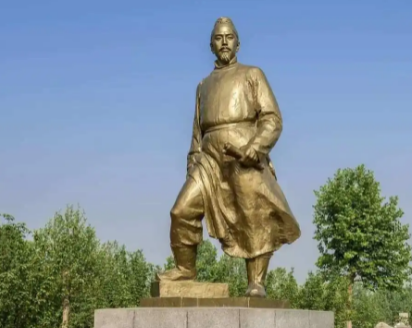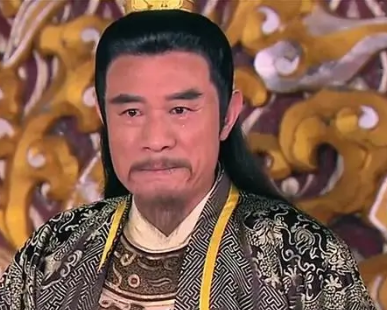Wang Anshi, a famous politician and literati of the Northern Song Dynasty, was renowned for his reform movement. However, this massive reform movement ultimately ended in failure. So, what were the reasons for the failure of Wang Anshi's reform? This article will explore this and analyze its historical status.

II. The Main Content of Wang Anshi's Reform
During the Northern Song Dynasty, in order to address national financial difficulties and military weakness, Wang Anshi proposed a series of reform measures, including the implementation of the Qingmiao Law, the Exemption Law, and the Market Ease Law. These reforms aimed to adjust the country's political and economic systems, improve government efficiency, and strengthen national strength.
III. The Reasons for the Failure of Wang Anshi's Reform
1. Opposition from Conservative Forces: In the social environment of that time, the bureaucratic elite and the landlord class strongly opposed the reform. They believed that the reform had touched upon their own interests and therefore employed various means to hinder its implementation.
2. Imperfect Reform Measures: Although Wang Anshi's reform ideas were somewhat forward-looking, in practical operation, some reform measures did not fully consider the actual situation, leading to deviations in their execution.
3. Limited Support from the Emperor: Although Emperor Shenzong provided some support for Wang Anshi's reform, when faced with opposition from conservative forces, the emperor's support weakened, making it difficult to sustain the reform.
4. The Influence of Social Opinion: In the social opinion environment of that time, some literary figures criticized the reform, making its legitimacy questioned and affecting its progress.
IV. The Historical Status of Wang Anshi's Reform
Although Wang Anshi's reform ultimately failed, it still holds an important position in Chinese history. Firstly, the reform movement was a positive attempt to address the problems facing the country and promote social progress. Secondly, Wang Anshi's reform provided valuable lessons for later reforms, exerting a profound influence on later politicians and thinkers. Finally, Wang Anshi himself, as an outstanding literary figure, also made contributions to the development of Chinese literature.
V. Conclusion and Revelation
In summary, although Wang Anshi's reform failed, its historical status cannot be ignored. The failure of this reform movement provides us with many lessons worth reflecting on, such as the difficulties of reform and the influence of conservative forces. In modern society, we should learn from history, draw wisdom from it, and contribute our own strength to the development and progress of the country. At the same time, we should also recognize that no reform can go smoothly without encountering various difficulties and obstacles. Only by holding firm to our beliefs and moving forward courageously can we achieve ultimate success.
Disclaimer: The above content is sourced from the internet and the copyright belongs to the original author. If there is any infringement of your original copyright, please inform us and we will delete the relevant content as soon as possible.




























